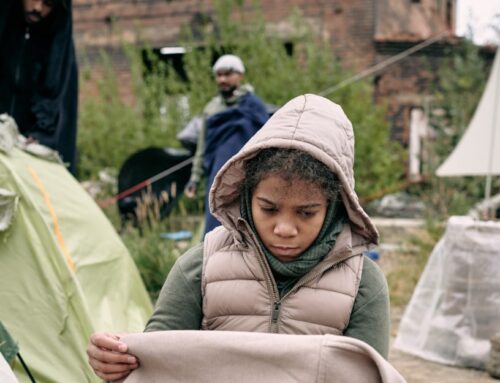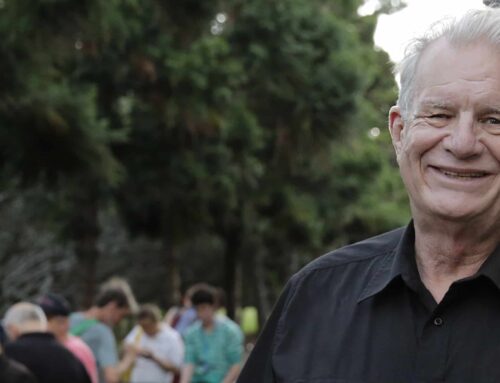Every now and then I get tempted to put one of my sermons up on the blog. A rush of egotism I feel I might have something worthwhile to say. However, when I read the transcript I realise all I am reading is just words.
You see, religion is not words, it is more than that, it’s not beliefs, it’s more than that. It affects the core of you that is you. It is what you do with the knowledge that core has given you that’s all important.
The other day I was talking to a friend of mine who was raving about someone’s latest sermon. From what I could see it was all words. This sermon went into minute detail explaining the meaning of words going right back to their ancient Greek roots.
All well and good but without action these words mean nothing. They are just an interesting way of talking about the evolution of language. Many sermonisers also like to quote philosophy or philosophical passages. They can be helpful but what I have found is just because people agree with the sentiment behind philosophical concepts it doesn’t mean they practice it. Just because we recognise something is good for us it does not mean we automatically do it.
There is a vast gap between recognising and doing.
I think about that a lot particularly in today’s world where we are bombarded by words. It is almost as if silence is not acceptable any more. It has to be filled with either music or words.
I have noticed in many charismatic church services many people become captivated by the hypnotic effect music and repetition can have in taking people to a space in their heads that for that length of time seems calming and comforting. However, music ends, hypnotic effects fade and all we are left with is what we do with the effects of what we have experienced.
In our individualistic age we want anything we can get to make us feel better or help us avoid some of life’s traumas. However, all that does is accentuate our sense of aloneness and it is our aloneness that leads to depression and self-destructive thoughts.
None of this is rocket science. I have learned that to find ourselves we actually have to lose ourselves. So many of us hold on so tightly to our concept of ourselves that we are afraid to let go. I have learned we actually lose ourselves when someone else is looking us directly in the eyes and honestly telling us and actually sharing with us, the contents of their very soul. We lose ourselves in the reflection we see of ourselves in the eyes of the sharer.
All of a sudden we realise ‘Oh! I know what you are saying!’ And we come back into ourselves with a thud. It is then we realise our own being but it has been changed by the experience of losing ourselves.
This sort of stuff takes bravery. Not all of us can do it. But if we do it we realise how upside down the world is. We realise morals are not words written on paper and not laws to keep but ways of living that are good for us now. Many people will stay in relationships that are destructive because their “ethics” tell them to do so. However, I do not know a code of ethics that tells people to stay in situations that can lead to their destruction.
Religions can have a set of laws which it is possible to live within by simply ticking the box. There is often the promise of a future “life” after death where one will be rewarded for keeping the boxes ticked. However, what I have learned it is the now rather than a future promised that is important. Sure, the future life may exist but it’s the “now” we understand.
I have learned that in the inner most sharing now when we lose ourselves we pass into a timeless zone. It is how we behave in this timeless zone that is important. In this timeless zone we get a sense of the eternal which is achievable now. By ticking a box we avoid this sense of timelessness which can generate a sense of righteousness that denies the essence of most religions.
We can never truly know within ourselves and it is up to God what happens when we die. We can however get a sense of the eternal in our relationships now and it is this that leads to healing. I think the other leads to all sorts of judgemental attitudes and destructive behaviour.
As it says in St John’s Gospel we can experience the kingdom of God now. It does not have to be, although it may be, some future hope.
What this encourages us to do is to live loving, communal lives now not hold ourselves rigidly in line for some future promise.
You see, that is the point. I have learned religion is not static, it’s dynamic and it also informs and is informed by culture. This means that what was appropriate behaviour etc. (say two thousand years ago) mightn’t be appropriate behaviour now. I have learned that religion is worked through the events of the day. It is informed by them and informs them. To me this means we cannot sit back like an island judging everything else. We have to work out each situation ourselves for what it is and then act on it.
For many religious people today it is the acting out that is difficult, which I think is sad for them as it condemns them to a life of judgement for which they will be judged.




